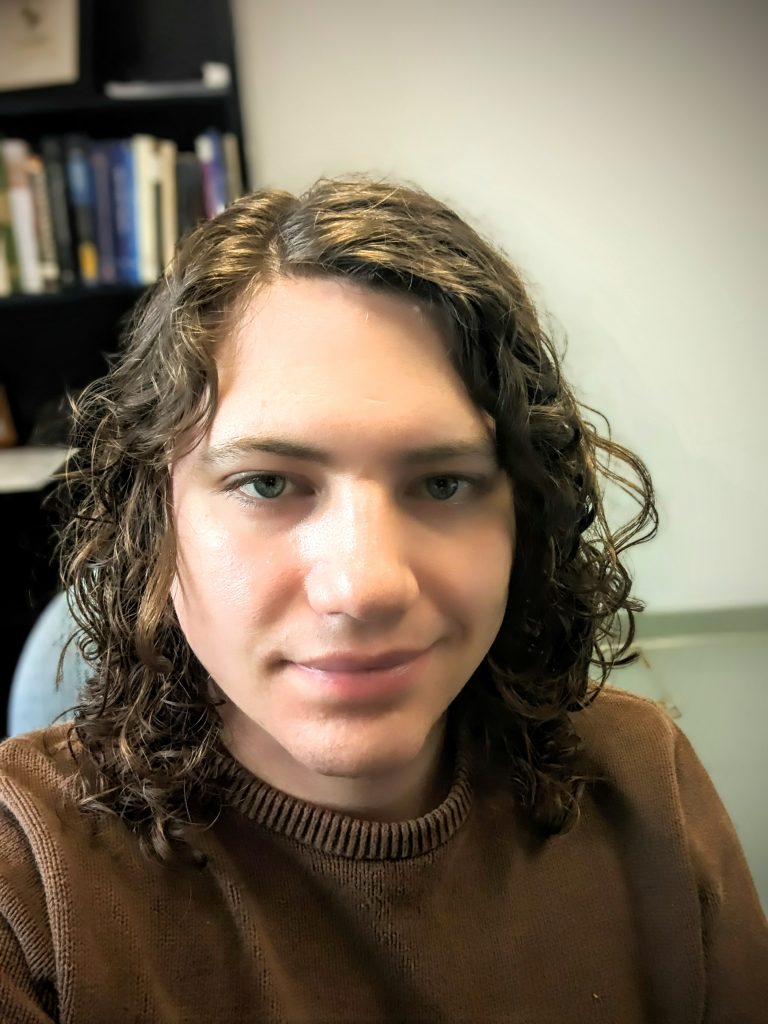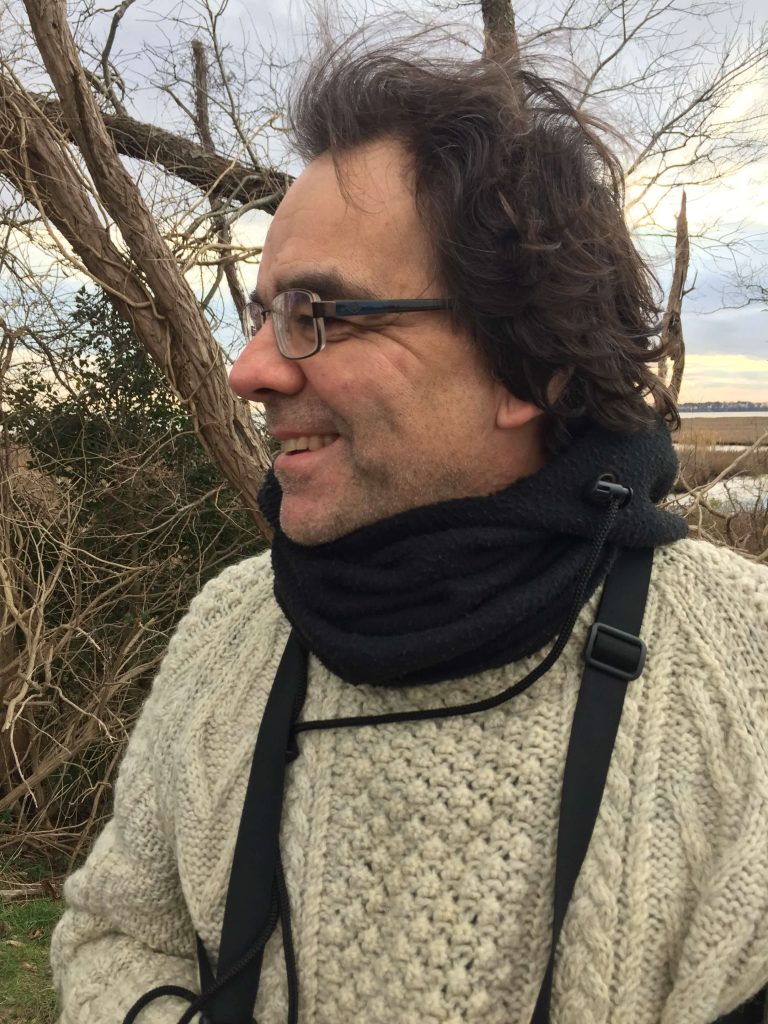Seminars 2023
We will offer two seminars on Saturday afternoon.
Saturday, May 20, 1:00 pm – Snowbirds: Wintering Warblers in the Caribbean
Dr. Cody Kent, Assistant Professor of Quantitative Vertebrate Biology at Frostburg State University
The new-world wood warblers have long fascinated birders and scientists alike for both their beauty and diversity. For birders, their arrival in the spring and departure in the fall marks the height of bird activity across much of North America, as both the birds and us flock to well-known places, like Magee Marsh Ohio, Point Pelee Ontario, Cape May New Jersey, and Dolphin Island Alabama. Just as birdwatchers are drawn by the diversity of warblers they can see, so are researchers drawn to this group by fundamental questions on how such diversity arose and applied questions on how we can best conserve it. Historically, much of our knowledge has been centered on these birds when they breed in our temperate climates. However, we must not forget that these are only “our” birds for a segment of the year as they spend much of their time wintering at southern latitudes, particularly in the Caribbean. It is in these wintering communities were this great warbler diversity reaches its zenith.
Work by a variety of researchers over the last two decades has slowly started to shed light on the wintering biology of these birds. In doing so, we have found that this time period is at least as important as the breeding period for both conservation and our understanding of the ecology of these birds, with strong relationships between winter habitat quality and both annual survival and nest success. Yet, major questions remain in explaining the wintering warbler diversity here, as well as how these species may interact with each other. In this presentation we will discuss our current understanding of warbler population biology in the Caribbean, as well as new insights into their foraging behavior, distributions, and interactions with other species. In doing so we will address basic questions in their wintering biology and apply these findings to their conservation.

Dr. Cody Kent is an Assistant Professor of Quantitative Vertebrate Biology at Frostburg State University, where he teaches classes on Ornithology and Quantitative Analysis. He grew up as the son of a 7th generation farmer in rural Ohio and started birding at an early age. He attended Ohio Wesleyan University where he studied bacteria that break down avian plumage and gained a passion for student-led research. He then completed his Ph.D. at Tulane University in New Orleans where he started research on the population and community ecology of warblers wintering in the Caribbean. This included field work in Cockpit Country Jamaica, along with studies of warbler foraging behavior, diets, and distributions across the island. After working as a research associated with the University of Maryland at College Park and the U.S. Geological Survey studying the risks posed by avian influenza, he took a position last fall at Frostburg State University. Current research projects include continued work on avian influenza as well as a return to songbird diversity. This work includes projects examining how small-scale management actions impact bird diversity within Washington DC and large-scale studies of how human activities impact niche diversity in warblers across the United States.
Saturday, May 20, 2:30 pm: Rising Tides – Can Habitat Restoration Save Maryland’s Coastal Birds from Sea Level Rise?
Dave Curson, Director of Bird Conservation (Maryland) at Audubon Mid-Atlantic, and Henrietta Bellman, Coastal Program Manager (Maryland) at Audubon Mid-Atlantic
Maryland’s coastal colonial waterbirds, such as Black Skimmer and Common Tern, have been steadily declining in recent decades due largely to erosion of their nesting islands. At the same time, salt marsh birds, including Black Rail and Saltmarsh Sparrow, are in freefall as their tidal marsh habitats become submerged by climate-driven sea level rise. Audubon, and its partners, is racing against the clock to put habitat restoration strategies in place and create resilient salt marshes and coastal islands that can sustain their unique bird communities in an uncertain future. These strategies include artificial nesting islands, raising marsh levels with sediment, and ambitious planning.

David Curson has worked as Director of Bird Conservation for Audubon in Maryland since 2004, covering many aspects of bird conservation in the state. These include leading efforts to protect, manage and monitor bird habitats across Maryland’s network of Important Bird Areas, and coordinating grassroots advocacy on issues and legislation affecting birds, through actions including the annual “I Bird, I Vote” summit. Dave leads Audubon’s coastal resilience program in Maryland, partnering with a wide variety of organizations to implement projects to prevent the loss of saltmarshes to climate-driven sea level rise and to safeguard endangered beach-nesting seabirds.
Dave completed his graduate studies in Wildlife Ecology at the University of Wisconsin-Madison, where his research focused on the ecology and behavior of the parasitic Brown-headed Cowbird. He currently represents Audubon on the Management Board of the Atlantic Coast Joint Venture and the Management Committee of Maryland’s Dredged Material Management Program.